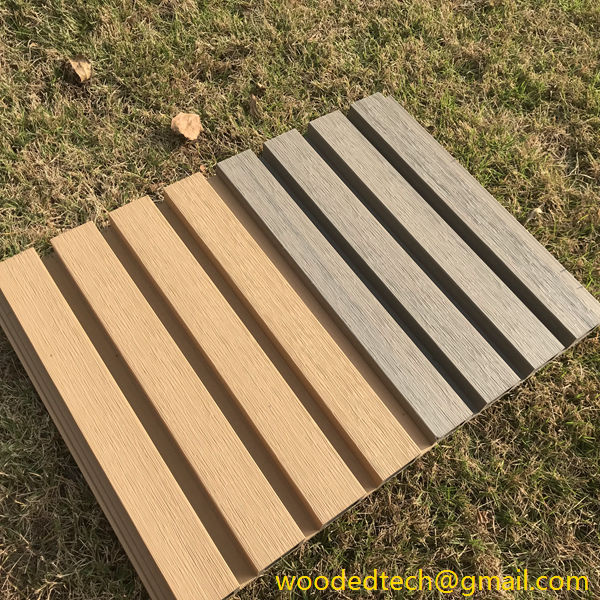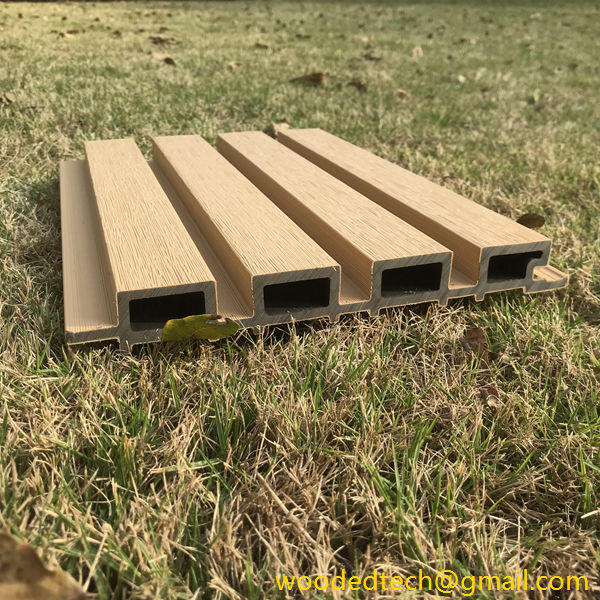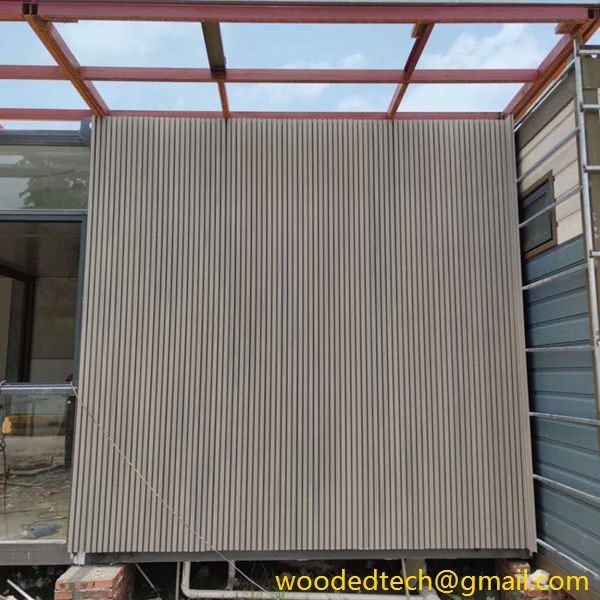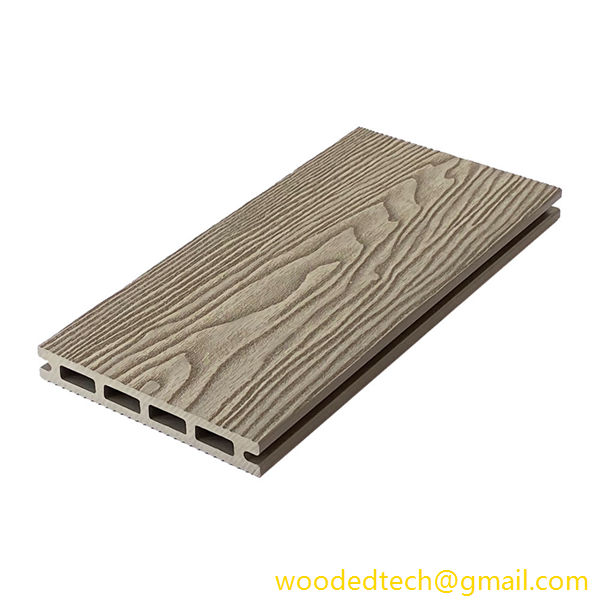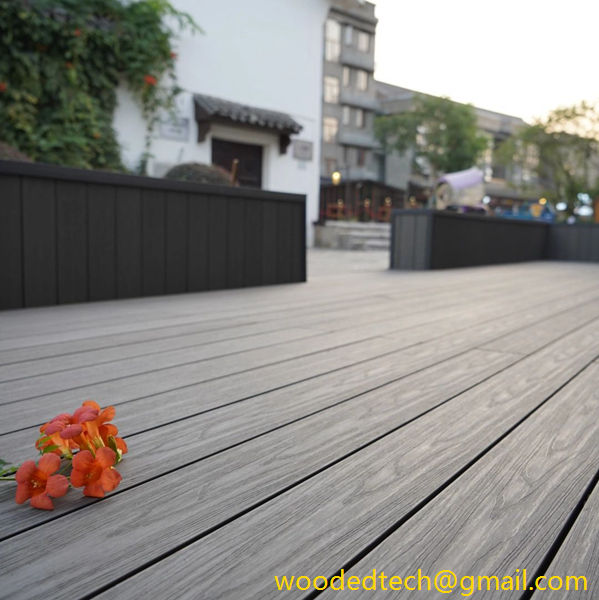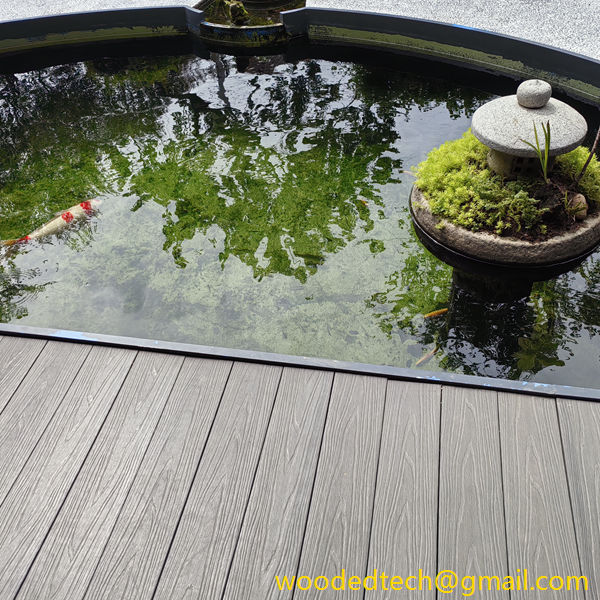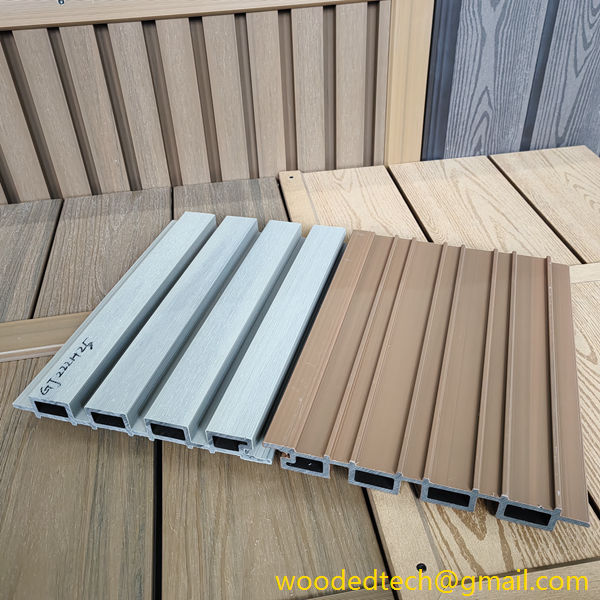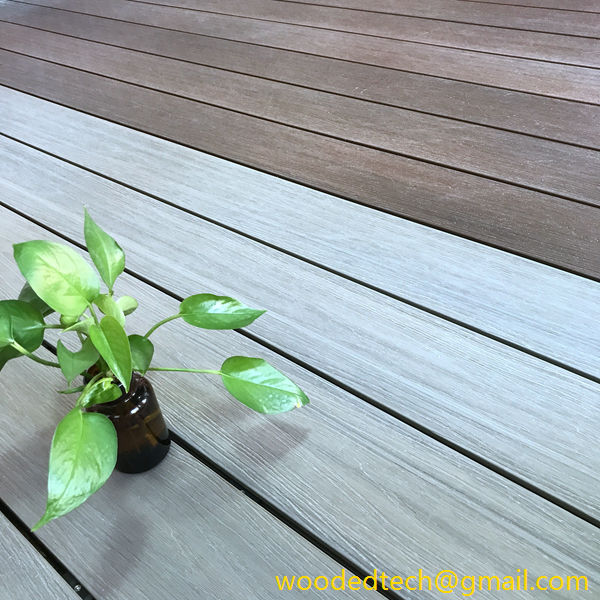Thick Plastic Wall Panels: Durable Thick Plastic Wall Panels for Various Uses
Thick Plastic Wall Panels: Durable Thick Plastic Wall Panels for Various Uses In recent years, the demand for durable and versatile building materials has surged, with thick plastic wall panels emerging as a favored choice across various industries. These panels are renowned for their strength, durability, and adaptability, making them suitable for numerous applications, from…
Thick Plastic Wall Panels: Durable Thick Plastic Wall Panels for Various Uses
In recent years, the demand for durable and versatile building materials has surged, with thick plastic wall panels emerging as a favored choice across various industries. These panels are renowned for their strength, durability, and adaptability, making them suitable for numerous applications, from commercial settings to residential projects. As global production capacity for these panels expands, understanding their characteristics, benefits, and distribution becomes increasingly important.
Thick plastic wall panels are constructed from high-quality thermoplastics, such as polyvinyl chloride (PVC), polyethylene (PE), or polypropylene (PP). Their construction allows them to withstand significant wear and tear, making them ideal for environments that require robust materials. With varying thicknesses, these panels can be customized to meet specific requirements, offering flexibility in design and functionality.
One of the key advantages of thick plastic wall panels is their resistance to moisture, chemicals, and UV light. This makes them particularly beneficial in industries such as food processing, healthcare, and manufacturing, where cleanliness and durability are paramount. In food processing facilities, for instance, these panels can be used to create hygienic surfaces that are easy to clean and maintain, helping to prevent contamination.
In healthcare settings, where the risk of infection is a constant concern, thick plastic wall panels can be utilized to create sterile environments. Their non-porous surfaces prevent the growth of mold and bacteria, making them an ideal choice for hospitals, clinics, and laboratories. Furthermore, the ease of installation and the minimal maintenance required for these panels contribute to their growing popularity among healthcare professionals.
The versatility of thick plastic wall panels extends to their aesthetic appeal as well. They are available in a wide range of colors, textures, and finishes, allowing designers to create visually appealing spaces without sacrificing functionality. Whether used in commercial interiors, retail spaces, or residential homes, these panels can enhance the overall design while providing the durability needed for high-traffic areas.
As global production capacity for thick plastic wall panels increases, we can observe a shift in the distribution landscape. Manufacturers are strategically locating production facilities in regions where demand is high, optimizing logistics, and reducing transportation costs. This localization of production not only supports the local economy but also enables manufacturers to respond swiftly to market needs.
For instance, in North America, the construction industry has witnessed a surge in demand for thick plastic wall panels, driven by the growth of residential and commercial construction projects. In response, manufacturers have expanded their production capabilities within the region, ensuring that they can meet the increasing demand while maintaining high-quality standards.
Similarly, in Europe and Asia, there has been a notable increase in the adoption of thick plastic wall panels across various sectors. European manufacturers have focused on sustainability, investing in eco-friendly production methods and materials. This aligns with the growing trend towards sustainable building practices, where environmentally conscious choices are becoming a priority for both consumers and businesses.
In Asia, particularly in countries like China and India, rapid urbanization and industrial growth have fueled the demand for durable building materials. Local manufacturers are ramping up production to cater to the needs of the booming construction industry, offering a range of thick plastic wall panels that meet international quality standards. This has led to an increase in competition, driving innovation and improvements in product offerings.
The global distribution of thick plastic wall panels is also influenced by technological advancements. The rise of e-commerce has revolutionized how manufacturers and suppliers reach their customers. Online platforms allow for easy access to a wide variety of products, enabling consumers to compare options and make informed purchasing decisions. This shift has expanded the market reach for manufacturers, allowing them to tap into new customer bases and geographical areas.
Moreover, advancements in manufacturing technology have played a crucial role in enhancing production efficiency and reducing costs. Automated processes and improved materials have led to higher-quality products that can be produced at a faster rate. As a result, manufacturers can respond more effectively to fluctuations in demand, ensuring that they can meet the needs of their customers promptly.
However, despite the many advantages of thick plastic wall panels, challenges remain in the global production and distribution landscape. For instance, fluctuations in raw material prices can impact production costs, leading to price volatility in the market. Additionally, regulatory compliance and environmental considerations must be addressed, particularly in regions with stringent building codes and sustainability requirements.
In conclusion, thick plastic wall panels represent a significant advancement in durable building materials, offering numerous benefits across various applications. As global production capacity expands and distribution strategies evolve, these panels are set to play an increasingly important role in the construction and design industries. With their combination of durability, versatility, and aesthetic appeal, thick plastic wall panels are well-positioned to meet the demands of modern construction while contributing to a more sustainable future. As manufacturers continue to innovate and adapt to market needs, the potential for these panels remains vast, promising a bright future for their use across the globe.

